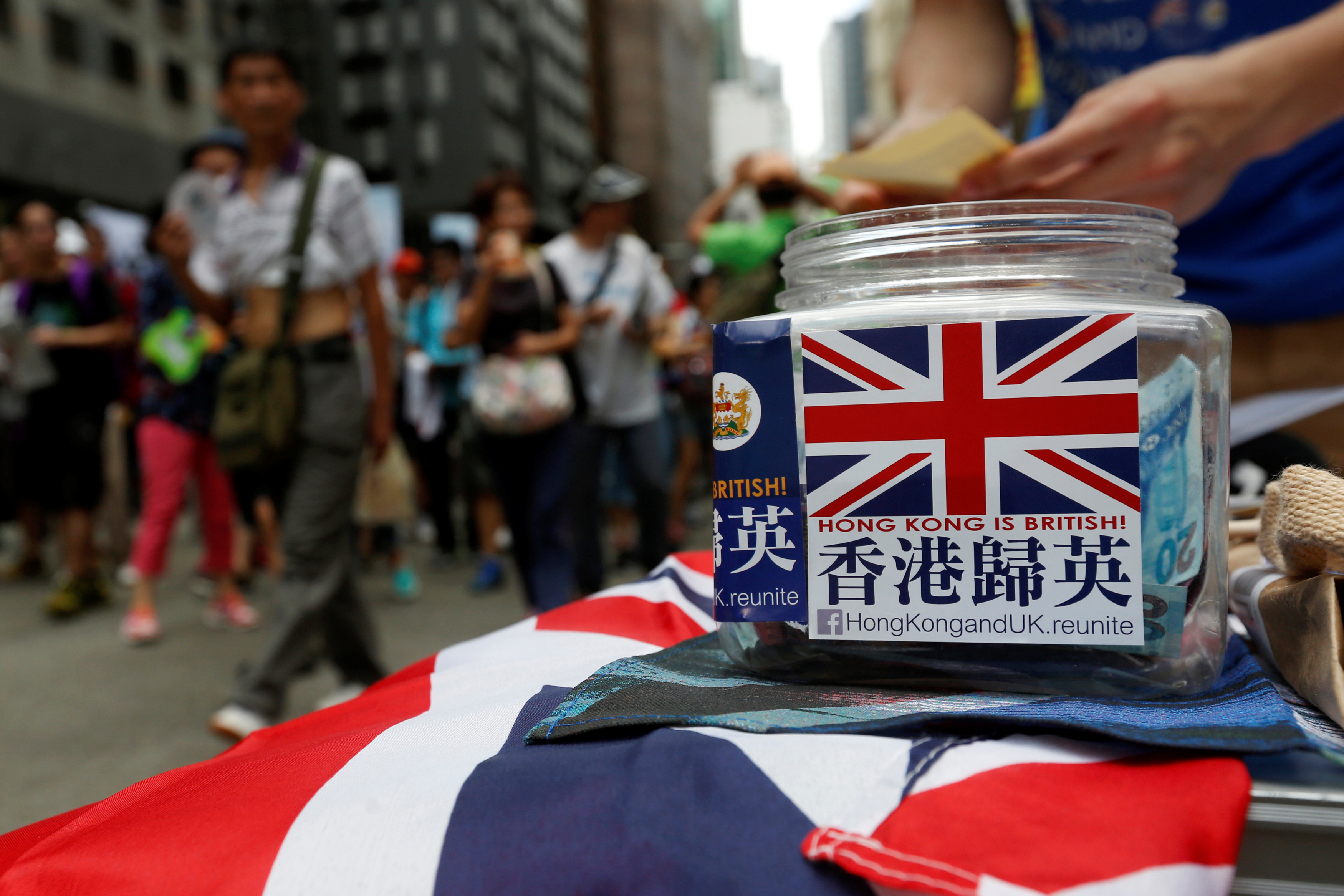Hong Kong is getting ready to roll out new middle school textbooks that deny the Chinese territory was ever a British colony. The semi-autonomous city and the surrounding former Portuguese colony of Macao, according to China’s Communist authorities, were just occupied by foreign forces and that China never surrendered authority over them.

It’s not a new stance for China, but it’s another sign of Beijing’s willingness to impose its vision of history and events and instil patriotism as it tightens its hold over Hong Kong in the aftermath of large anti-government protests in 2019.
According to the South China Morning Post newspaper in Hong Kong, it is one of four sets of textbooks being given to schools to replace those presently in use, all of which state the same viewpoint.
With the exception of the Japanese occupation from 1941 to 1945, Hong Kong was a British colony from 1841 until 1997, when it was handed over to Chinese control. Its colonial status was established by a pair of treaties signed at the end of the first and second Opium Wars in the nineteenth century, as well as the award of a 99-year lease to the New Territories in 1898, which considerably enlarged the colony’s area.
With China refusing to renew the lease on the New Territories and the colony becoming unviable without them in the late twentieth century, Britain engaged into long and frequently acrimonious discussions with Beijing over the terms of Hong Kong’s handover to Chinese administration.
In 1997, China assumed sovereignty of Hong Kong under a “one nation, two systems” agreement that guaranteed the city’s economic, political, and judicial institutions would remain separate for the next 50 years. Although China today refuses to accept the agreement, it was put forth in a Sino-British Joint Declaration lodged with the United Nations in 1984.
In 1972, just months after the Republic of China government retreated to Taiwan during the civil war, the Chinese government took action to remove Hong Kong and Macao from a United Nations list of colonies, essentially depriving them of their right to self-determination.
China feared that the British and Portuguese enclaves it wanted back would face the same fate as other European colonies that had gained independence. “The resolution of the Hong Kong and Macau disputes is totally within China’s sovereign sovereignty and does not fit within the regular category of ‘Colonial Territories,'” China’s delegate stated at the time.
Mao Zedong, according to Mary Gallagher, a Chinese studies professor at the University of Michigan, intended to ensure that Hong Kong remained part of China. “As a result, Hong Kong slips between the Chinese and British empires, but it loses its ability to define its own destiny,” she explained.
The new textbooks are part of larger educational reforms following the 2019 demonstrations, in which many students took part and some even led.
The textbooks are for liberal studies classes, which were modified by the government last year after pro-Beijing MPs and fans said they fostered dissent and activist thinking. National security, patriotism, and identity are now the emphasis of the lessons.
The official idea that the protest movement was the consequence of foreign agitation and jeopardised national security is promoted in the textbooks. The Chinese government used such justifications to adopt a broad National Security Law for Hong Kong in 2020, which restricts free expression, government criticism, and political dissent.
The new textbooks are part of a larger effort to align Hong Kong’s institutional values with those of mainland China, particularly in the fields of politics and history. Chinese President Xi Jinping is rapidly pushing his vision of fiercely patriotic and authoritarian government on the area.
China has attempted to erase any memory of the military’s deadly repression of student-led protests in Beijing’s Tiananmen Square in 1989, using pandemic fears to prohibit once-massive public commemorations in Hong Kong on the anniversary of the military’s bloody crackdown.
